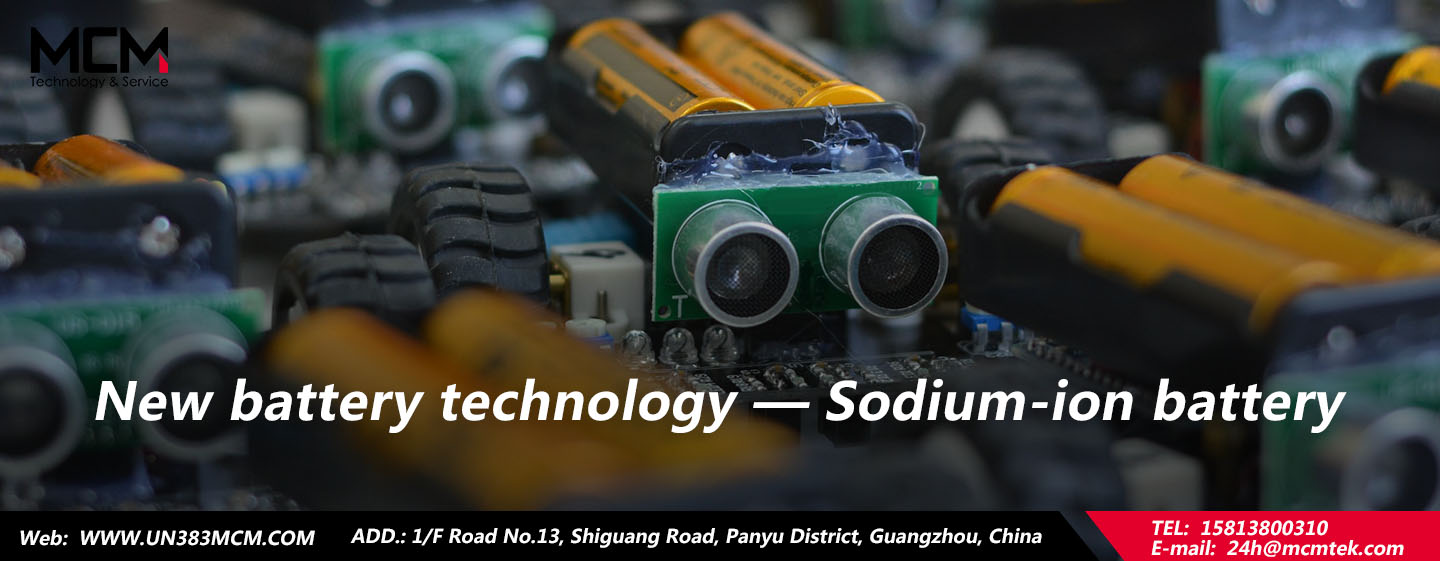
Background
Lithium-ion batteries have been widely used as rechargeable batteries since the 1990s due to their high reversible capacity and cycle stability. With the substantial increase in the price of lithium and the increasing demand for lithium and other basic components of lithium-ion batteries, the increasing shortage of upstream raw materials for lithium batteries is forcing us to explore new and cheaper electrochemical systems based on existing abundant elements. Lower-cost sodium-ion batteries are the best option. Sodium- ion battery was almost discovered together with lithium-ion battery, but because of its large ion radius and low capacity, people are more inclined to study lithium electricity, and the research on sodium-ion battery almost stalled. With the rapid growth of electric vehicles and energy storage industry in recent years, the sodium-ion battery, which has been proposed at the same time as lithium-ion battery, has again attracted people’s attention.
Lithium, sodium and potassium are all alkali metals in the periodic table of the elements. They have similar physical and chemical properties and can be used as secondary battery materials in theory. Sodium resources are very rich, widely distributed in the Earth’s crust and simple to extract. As a substitute of lithium, sodium has been paid more and more attention in battery field. The battery manufacturers scramble to launch the technology route of sodium-ion battery. Guiding Opinions on Accelerating the Development of New Energy Storage, Scientific and Technological Innovation Plan in the Energy Field during the 14th Five-Year Plan Period, and Implementation Plan for the Development of New Energy Storage during the 14th Five-Year Plan Period issued by the National Development and Reform Commission and the National Energy Administration have mentioned to develop a new generation of high-performance energy storage technologies such as sodium-ion batteries. The Ministry of Industry and Information Technology (MIIT) has also promoted new batteries, such as sodium-ion batteries, as ballast for the development of the new energy industry. Industry standards for sodium-ion batteries are also in the works. It is expected that as the industry increases investment, the technology becomes mature and the industrial chain is gradually improved, the sodium-ion battery with high cost performance is expected to occupy part of the lithium-ion battery market.
Sodium-ion battery versus lithium-ion battery
|
Raw material |
Lithium-ion battery |
Sodium-ion battery |
|
Positive electrode |
LFP NCM LCO |
Nano-pb Polyanionic sulfate Tin-based metal oxide |
|
Positive electrode current collector |
Aluminum foil |
Aluminum foil |
|
Negative electrode |
Graphite |
Hard carbon, soft carbon, composite carbon |
|
Negative electrode current collector |
Copper foil |
Aluminum foil |
|
Electrolyte |
LiPF6 |
NaPF6 |
|
Separator |
PP、PE、PP/PE |
PP、PE、PP/PE |
|
Pole tab |
Copper plated nickel pole tab/Nickel pole tab |
Aluminum pole tab |
- Carbon negative electrode of sodium-ion battery has lower cost and larger modification space than that of graphite.
- Aluminum foil can be used as a current collector for the positive and negative electrode of sodium-ion batteries. Lithium-ion batteries have low negative potential and must use copper foil that is not corroded. Sodium-ion batteries, on the other hand, have a high negative potential, so they don’t alloy with sodium. Aluminum foil is lower in weight and cost than copper foil.
- In the electrolyte, the solubility of Na+ is about 30% lower than that of Li+. The dissolution rate is high, and the charge transfer resistance at the electrode – electrolyte interface is small, which provides better electrode dynamics. Therefore, the discharge rate of sodium-ion charge is high at high temperature and low temperature, and the low temperature performance is excellent, and it can be charged quickly.
- Sodium-ion batteries have a wider choice of positive electrode materials. Almost all transition metal elements in the first row of the periodic table can be used in sodium- ion batteries. This is due to the large size difference between Na+ (radius 0.102nm) and transition metal ions (radius 0.05-0.07nm), which is conducive to their separation.
- The internal resistance of a sodium-ion battery is higher than that of a lithium-ion battery. In the case of short circuit, the instantaneous heat is less, temperature rise is slower and the thermal runaway temperature is higher than that of a lithium battery, therefore a sodium-ion battery is safer.
- The large radius of sodium-ion may lead to material rupture when it is removed from the electrode material, thus affecting the overall kinetic performance of the battery and the integrity of the electrode.
- Sodium has a much higher standard electrode potential (0.33V higher than lithium), resulting in a lower energy density and making it difficult to compete with lithium-ion batteries in the power sector.
Latest research progress
In recent years, the research on sodium-ion batteries includes advanced cobalt-free cathode material for sodium-ion batteries, low-cost polyanionic sulfate for the positive electrode of sodium-ion batteries, nano-pb compounds used in the positive electrode of sodium-ion batteries, basic research on organic anode materials for sodium-ion batteries to potential commercial applications, tin-based metal oxides and sulfides used as anode materials for sodium-ion batteries, Nanoengineering of advanced carbon materials in sodium-ion batteries, and application of advanced in situ characterization in the study of sodium-ion batteries. In general, it is still a research hotspot to obtain high performance positive and negative electrode materials from the aspects of optimizing modification means, improving preparation methods and exploring sodium storage mechanism to improve the overall competitiveness of sodium-ion batteries.

Article Source: https://www.un383mcm.com/news/new-battery-technology-sodium-ion-battery/
Media Contact
Company Name: Guangzhou MCM Certification Testing Co.,Ltd.
Email: Send Email
Phone: 13622887960
Country: China
Website: https://www.un383mcm.com/
